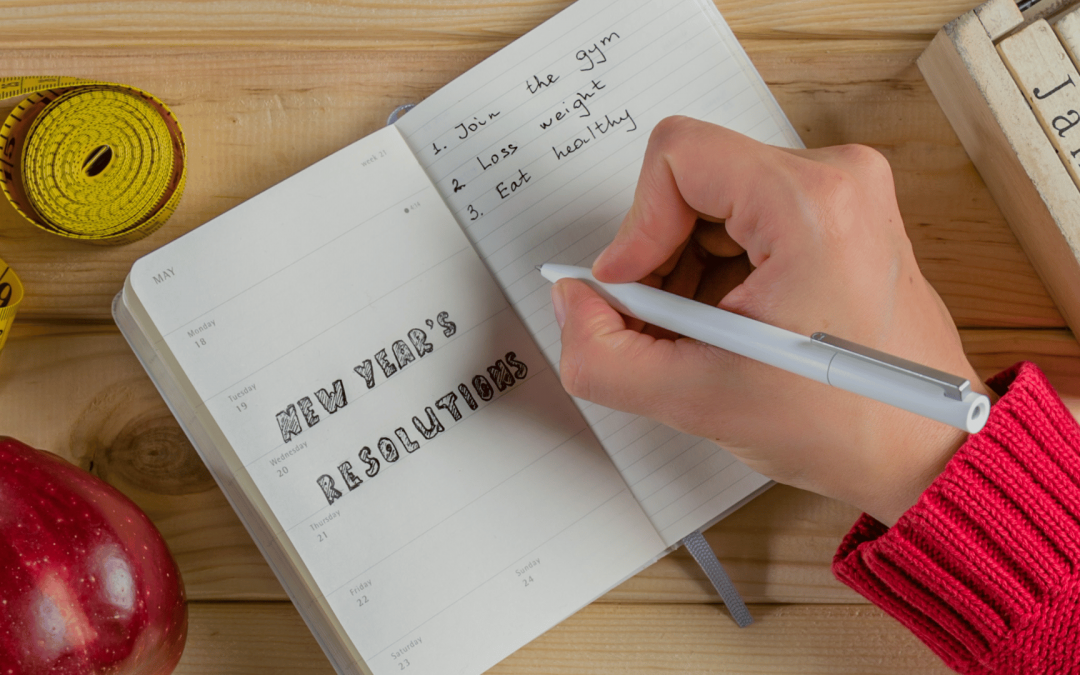It’s the start of a new year! We all start to think about how things will be different this year. More exercise, eating better, getting healthy, going to get into better habits this year and try to relax more and reduce stress? Whatever your plans for the upcoming year here are a few helpful tips to perhaps help you.
Get your body functioning at its best!
Those people who cycle will understand the importance of having their bikes measured to prevent injury to the body. Just like that, our bodies will function a lot better when all the joints and muscles are moving well. You may not realise some joints aren’t moving well as this isn’t always associated with pain or discomfort. As osteopaths, our passion is noticing this and getting your body to function at its optimal ability. Therefore, get a spinal check to ensure that your spine and joints are moving well. Your Osteopath will be able to advise you on what type of exercise will best suit you e.g. Swimming, cycling, walking, resistance training, Pilates, yoga etc.
Create a plan that can form a habit
If you want to begin exercising more, then look at your schedule and see where you can realistically fit it in and make space to commit to that every week. Put it in the diary and stick to it. If you feel like you may struggle with motivation, why not see if you can find a friend to go with that can meet you and work out together? Perhaps join a class that occurs every week where there are other people who you can look forward to meeting, or perhaps pay upfront for a block of classes so you commit to going? Perhaps find a personal trainer that can keep you accountable.
Make small attainable goals, don’t go crazy!
If you are going back to exercising after a long break away, start with 45-minute sessions 3-4 times a week and as your muscles start to get used to it increase these to 1-hour sessions. According to the NHS guidelines, adults should be exercising 150 hours of moderate intensity exercise a week or 75 minutes of intense exercise. Check out this link for more information
You may just decide to start by increasing your steps by 2000 steps a day. This is the equivalent to a 20-minute walk around the block.
Keep Hydrated and drink plenty of water
Working out will make you sweat. It is important to keep hydrated to replace what’s lost during your exercise. If you find it difficult to drink water, try getting smaller bottles of water, as this may feel less intimidating than having a litre bottle to look at. You can also try boiling water with lemon in or herbal tea, if you prefer drinking a warm drink. Remember herbal teas are caffeine free and therefore great to hydrate your body.
Eat enough protein
With increased exercise ensure you are eating enough protein in your diet to support the bodies healing process. Protein helps muscles to heal and prevents muscle loss. You can work out how much protein you need by calculating 0.75g of protein per kilo of body weight per day (for the average woman, this is 45g, or 55g for men) This can increase with your activity levels.
Protein is great for the body because it is full of chemical building blocks called ‘amino acids’. They are used for your muscles to be able to repair and your bones to make hormones and enzymes. They also help to be part of an energy source which lasts longer than carbohydrates which provide us with fast energy’
Examples of healthy protein in the diet are as follows.
- Lean meats
- Poultry
- Fish and seafood
- Eggs
- Dairy products
- Seeds and nuts
- Legumes
We hope that you have found this helpful, if you would like to find out more about getting your body aligned, and or checking your diet and nutritional status with our professionals at the clinic, please do not hesitate to contact us via our website www.osteoallies.co.uk

